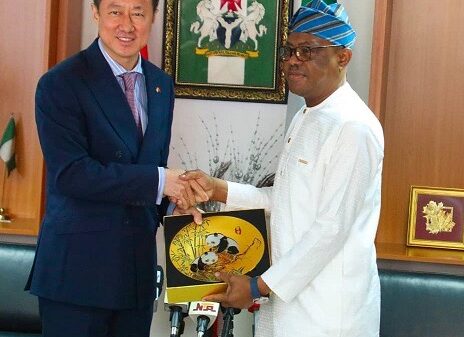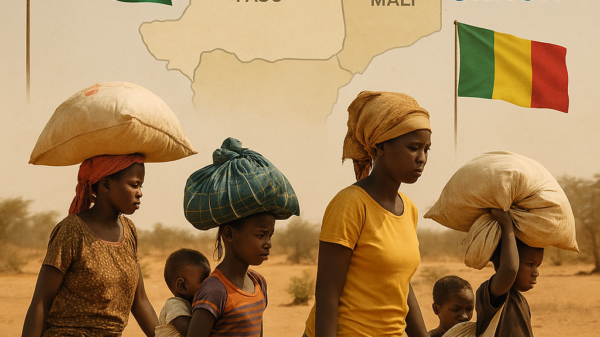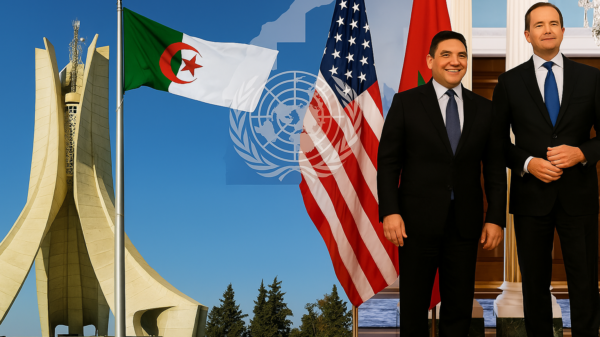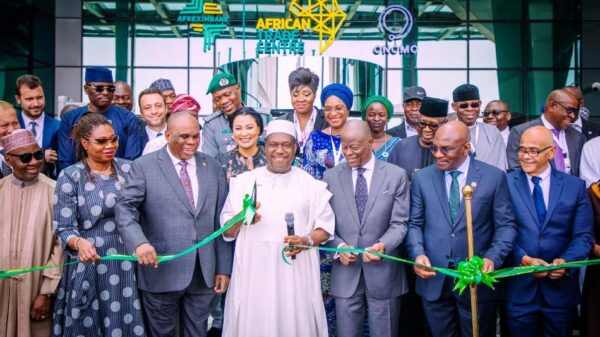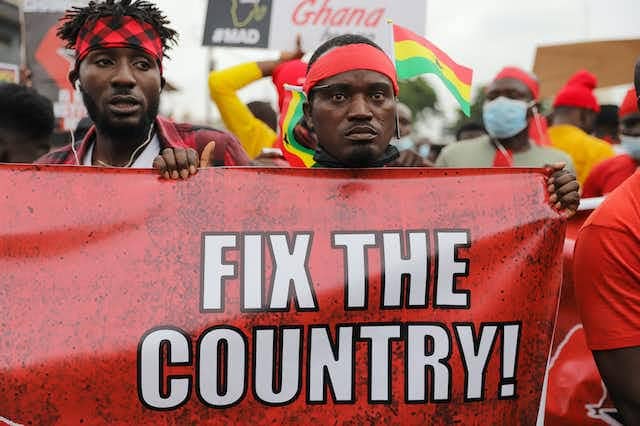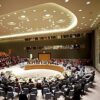The government has anchored the 2023 budget on a seven-point agenda aimed at restoring macroeconomic stability and accelerating economic transformation as articulated in the Post-COVID-19 Programme for Economic Growth (PC-PEG).
According to the Finance Minister Ken Ofori Atta, these comprise an agenda to: aggressively mobilize domestic revenue; streamline and rationalise expenditures; boost local productive capacity; promote and diversify exports; protect the poor and vulnerable; expand digital and climate-responsive physical infrastructure; and implement structural and public sector reforms.
“To achieve these, there are three critical imperatives: successfully negotiating a strong IMF programme; coordinating an equitable debt operation programme; and attracting significant green investments”, he said.
This, according to he Minister will enable the government to generate substantial revenue, create needed fiscal space for the provision of essential public services and facilitate the implementation of the PC-PEG programme to revitalise and transform the economy.
The government plans to undertake the following actions, initiatives, and interventions under the seven-point agenda; increase the VAT rate by 2.5 percent to directly support our roads and digitalization agenda; ast-track the implementation of the Unified Property Rate Platform programme in 2023; and review the E-Levy Act and more specifically, reduce the headline rate from 1.5% to one percent (1%) of the transaction value as well as the removal of the daily threshold.
Other are, cut the imports of public sector institutions that rely on imports either for inputs or consumption by 50% and will work with the Ghana Audit Service and the Internal Audit Agency to ensure compliance; support the aggressive production of strategic substitutes, including the list disclosed at the President’s last address to the nation; support large-scale agriculture and agribusinesses interventions through the Development Bank Ghana and ADB Bank; introduce policies for the protection and incubation newly formed domestic industries to allow them to make the goods produced here competitive for local consumption and also for exports.
The government will expand the productive capacity in the real sector of the economy and actively encourage the consumption of locally produced rice, poultry, vegetable oil and fruit juices, ceramic tiles among others; to pursue efficiency in Government expenditures, we will among others: implement the Government directives on expenditure measures; integrate public procurement approval processes with GIFMIS to ensure that projects approved are aligned with budget allocation; review key government programmes to reflect relevance, promote efficiency, and ensure value for money; and review the efficiency of Statutory Funds
It will also undertake major structural reforms in the Public Sector by reviewing the operations of 36 State-owned Enterprises, 8 Special Purpose Vehicles, 90 Joint Venture Companies, 38 Regulatory institutions, 68 Statutory Bodies and 6 Subvented Agencies; enforce compliance with a legal and regulatory framework on foreign exchange; initiate measures to overhaul the tax structures in the extractive industry; expand the gold purchase programme by the Bank of Ghana to support FX Reserve accumulation, and promote an LBMA-certified gold refinery in Ghana and promote local currency stability.







